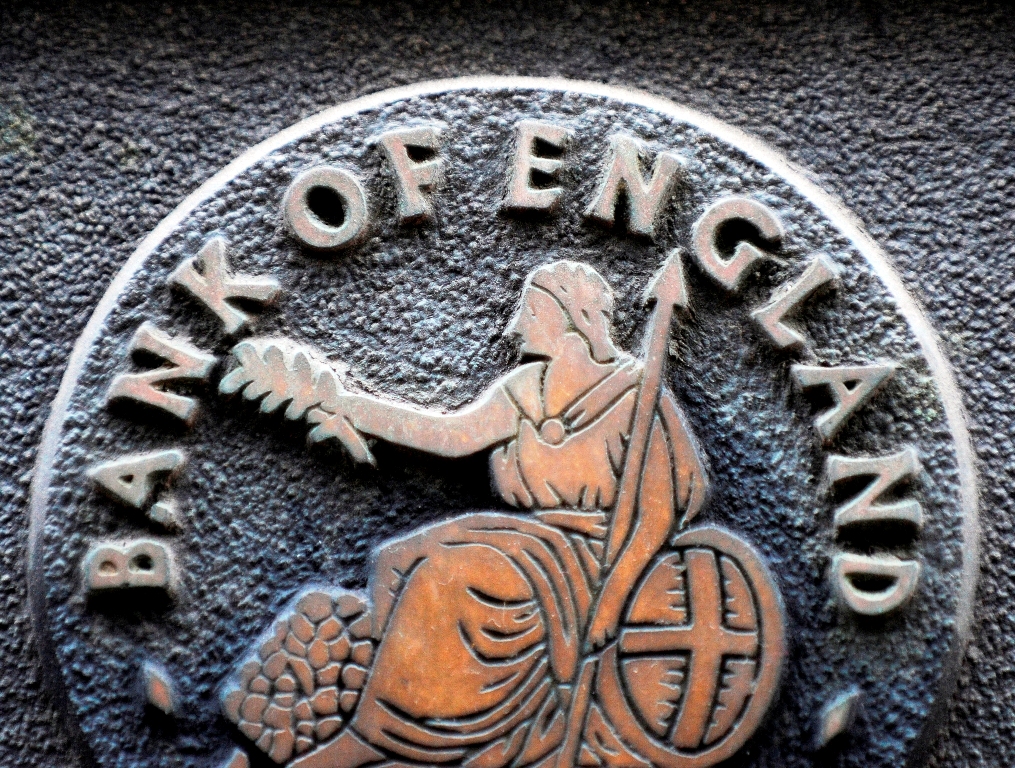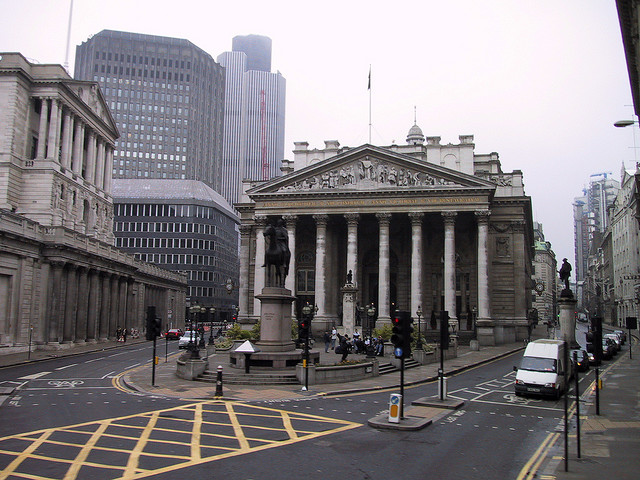Clearing banks
Clearing banks

The clearing banks are the big high street banks that perform most of the deposit taking in the UK
Most notably among these are:
- Barclays
- HSBC
- Lloyds
- RBS
- Santander
The fundamental role of the banks is to offer a safe place where customers can deposit their money
They could just put their customers notes and coins in safe deposit boxes and give the money back when it is requested
In practice to enable the wider economy to function they lend out the money that is deposited to homebuyers and businesses that want to borrow money
This means there is a risk that this money is not repaid and so the bank cannot honour the deposits when the savers want their money back
It also means that once you deposit your coins and notes in the bank, they cease to be directly owned by you and all your deposit is, is a number on the computer in the bank, which is your right to take that amount of money back out again
There is a vast system of regulation known as Basel II, which states how banks should manage their loans and assets to ensure that the depositors money is safe
Bank transfers
Nowadays many transactions do not involve taking cash out of the bank and paying it to someone else who then puts the cash in his bank
Many transactions take place by bank transfer (in the old days cheques served the same purpose)
This how it works
Notes
To understand this start with two people A and B
They both have savings deposited in the bank
B also has a phone which he wishes to sell to A
A buys the phone by writing a cheque for B
B deposits cheque in the bank
Bank then just updates the numbers on the 'slates' of A and B. No money actually physically moves.
And what if A doesn't have any money
Notes
What if A doesn't have any money
He can still write cheques
B can still cash them
So where did the £200 come from
If you buy something for £30 from someone who banks with the same bank then the bank does not move physical cash from your deposit box to his (because you don't have deposit boxes). All that happens is the bank takes £30 off your account (number) and adds £30 to the sellers account (number).
No physical cash is moved because neither party actually directly owns the physical cash
If the seller does not bank at the same bank then there does need to be a transfer of physical money but at the end of each working day all the payments in both directions are netted off and only the net amount is transferred. This is called the clearing system.
Notes
In fact it is not physical cash that is transferred: it is just that the Bank of England, which is the banker to the clearing banks, performs the same process of reducing one bank's account (number) by £$x$ and increasing the other bank's by the same amount
Assets
Rather than holding cash in deposit boxes the bank invests in various interest bearing assets
These include
- Government gilts
- Corporate bonds
- Any other type of bonds
However in addition to these standard investments any other type of loan is also an asset to the bank as there is value to the bank of it being repaid
so
- Overdrafts
- Car loans
- Business loans
- Mortgages
are also assets of the bank
 What problems might be caused by describing these types of loans as assets
What problems might be caused by describing these types of loans as assets
You cannot just sell them if a depositor wants his money back (although overdrafts can generally be cancelled at short notice)
The banks can also structure new types of loans and assets out of more traditional assets so we have a whole new class of assets that the banks can hold
- Mortgage backed securities
- Collateralised debt obligations (CDO's)
- CDO squareds
 Why do clearing banks need to maintain their liquidity?
Why do clearing banks need to maintain their liquidity?
Customers deposit funds at bank & can withdraw with no notice. Banks use these funds to provide loans (up to 25 years). Also provide overdrafts (repayable on demand).
 What happens when loans default
What happens when loans default
Banks have to hold more assets than their total outstanding deposits (liabilities), so they can adsorb some losses
Much of the assets will be household mortgages, where loans are typically only issued, where there is a 10% deposit and the house acts as collateral against the loan defaulting so there is little chance of the bank actually losing
Other Services
Banks also offer investment advice - unit trusts, life assurance, pensions etc
They offer advice and other services to small businesses
They sell insurance and other financial products






